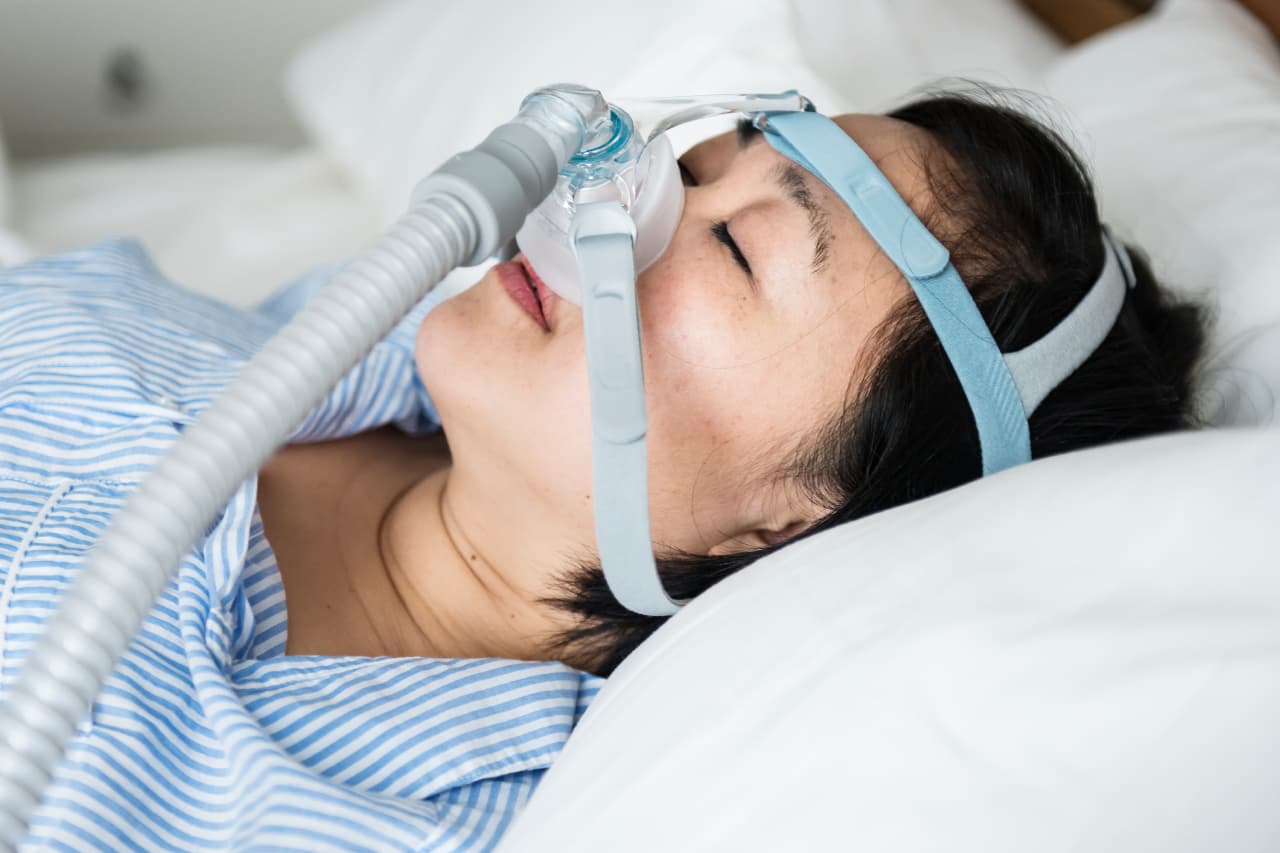
Snoring, or sleep apnea, was just one of Del Griffith's many character flaws in Planes, Trains, and Automobiles. Neal Page had a number of flaws as well, but that's the subject of another blog. Sleep apnea in any form is a very serious condition. These individuals basically nap all night. They hardly ever get any deep, restorative sleep. As a result, both they and their partners are often fatigued from the moment they get out of bed in the morning.
If Del had used a Philips CPAP breathing machine, he might not have had to clear his sinuses before he slept. These gadgets push air into the user's body, forcing the airway open and alleviating most sleep apnea symptoms. For millions of people, the machine was basically a godsend. But, as is often the case, the quest for profits overruled safety concerns. Now, pretty much all these machines are under a mandatory recall.
If a defective product causes injury, a New York personal injury attorney may be able to obtain substantial compensation. These victims need this compensation to pay medical bills and cover other economic losses. Furthermore, these victims deserve this compensation. Their pain and suffering is not their fault. Furthermore, additional punitive damages are often available in these cases. Frequently, these companies know about dangerous design or manufacturing flaws. But, in order to keep making money, they keep selling these products anyway.
Millions of people suffer from sleep apnea, which is a very serious problem. Excessive fatigue affects the brain and body in several different ways:
Effects like these make it difficult or impossible to function at work, home, school, or anywhere else. A few hours of solid rest could make these issues disappear.
A CPAP machine is basically an air compressor, a hose, and a mask. The air compressor is the most critical part of this machine. When people don't lose their breath, they don't lose sleep.
Air compressors are also noisy. If the racket keeps people awake, it defeats the purpose of the machine. So, Philips lined the motor with polyurethane foam. A German scientist invented this substance in 1937. Today, manufactured goods in North America contain almost three billion pounds of polyurethane foam. This foam has a number of applications.
Polyurethane foam is also highly toxic. However, as long as the foam remains in one large piece, the dangers are extremely minimal.
Here's the problem. Noisy CPAP machines vibrate a lot. These vibrations break up the foam, and patients could inhale tiny toxic particles. Therefore, CPAP users have a very difficult choice. They can stop using these gadgets and deal with lifestyle-threatening symptoms. Or, they can keep using them and run the risk of a life-threatening illness. Either choice could create significant financial and other hardships.
Usually, compensation is available in injury cases if the defendant is negligent. Negligence is basically a lack of care. However, defective products are different. The pressure to make money is so high, and so many people can be injured by a defective product, that a negligence standard isn't strong enough. Therefore, manufacturers are strictly liable for:
Negligence may not be relevant for liability purposes, but it is relevant for damages purposes. Additional punitive damages are available if the manufacturer intentionally disregarded a known risk.
Unfortunately for victims. "strict liability" does not mean "automatically liable." Several defenses are available in these claims. And, product manufacturers have possess of lawyers who know how to use these defenses.
Lack of cause is one of the most common defenses. Cause is usually straightforward in physical injury claims. Airbags normally don't explode unless they are defective. Illness claims are different. Cancer is a good example. This disease is normally a lifestyle or genetic condition. Toxic exposure cancer is relatively rare. Cause is even harder to establish if the victim had a pre-existing condition or disease vulnerability.
Cancer is also somewhat random. For example, not everyone who smokes contracts lung cancer. My grandmother was living proof of that.
So, New York personal injury attorneys often use disease clusters to establish cause. If three or four kids at a birthday party get food poisoning, there was probably something wrong with the ice cream. if three or four hundred CPAP users develop cancer, the gadget is the common denominator.
The unforeseeable misuse defense is also available in these situations. This doctrine is almost certain to come up in the Philips CPAP machine litigation. Company lawyers will probably blame the victims for turning the machine up too high. So, the excessive vibrations, as opposed to the vibrations themselves, caused damages.
However, the unforeseeable misuse defenses usually doesn't apply in such cases. Ladders usually have labels warning people not to step on the top rung. But people put their feet there anyway. Since this misuse is foreseeable, if someone steps on the top rung and falls, the manufacturer could still be liable for damages. Using a Philips CPAP machine on too high of a setting follows the same principles.
Injury victims are usually entitled to substantial compensation. For a free consultation with an experienced personal injury attorney in New York, contact the Pianko Law Group, PLLC. You have a limited amount of time to act.